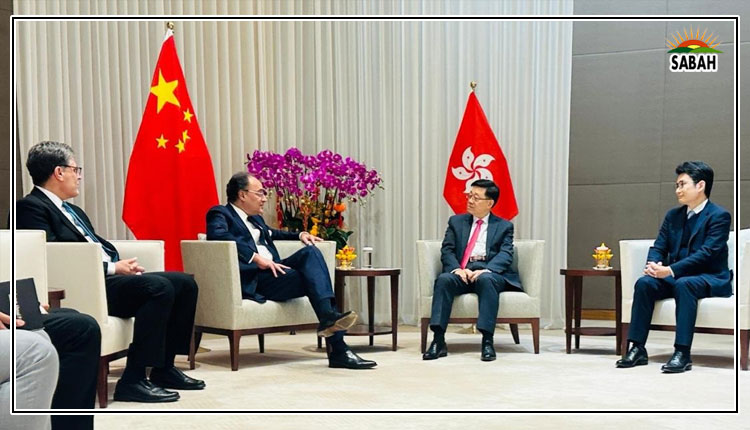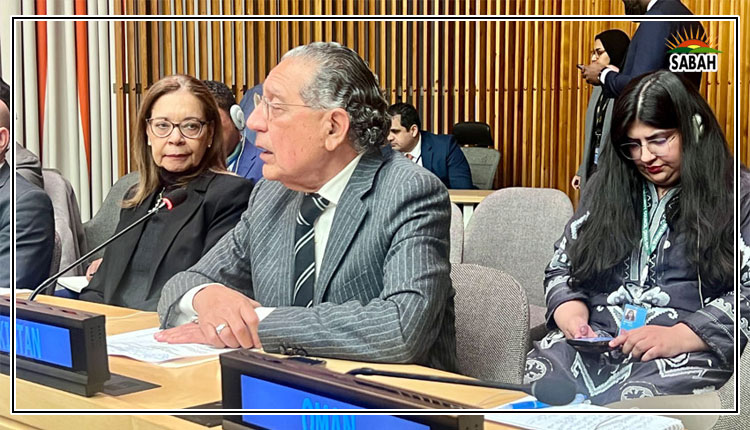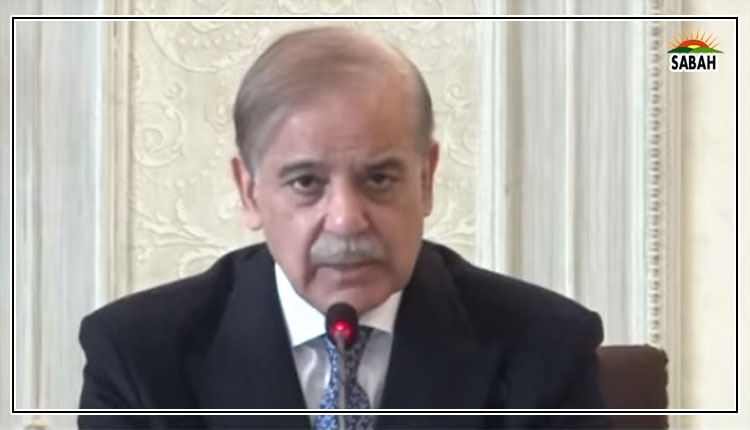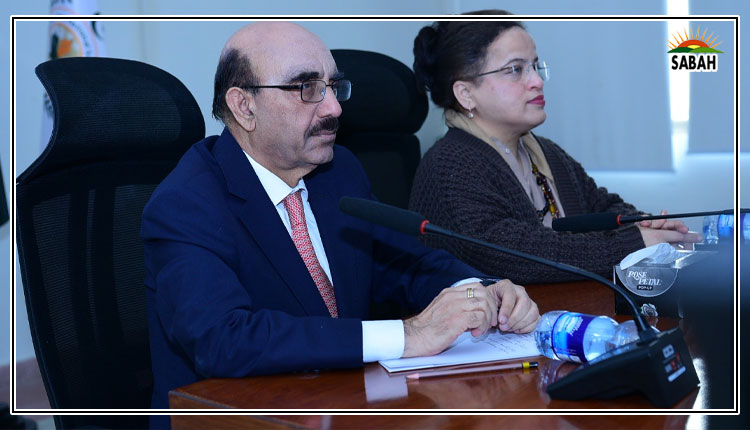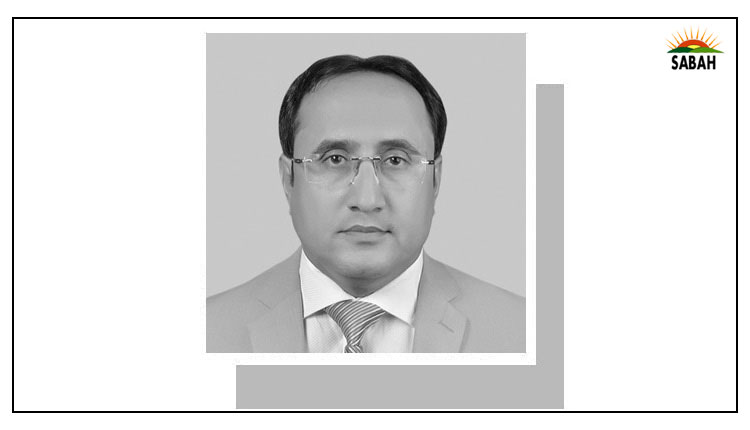Reforming campus research culture…Dr Shuja Ahmed Mahesar
Broken links between research and policymaking, dealing with national challenges like economic downturn, political instability, democratic crisis, declining social structure, lower educational standards and climate disasters can only be fixed if we have a national agenda for discovering scientific solutions to our problems which are multiplying mainly because of lack of coordination and teamwork and scarcity of research-based data.
HEC can bridge the gap between policymakers and researchers by developing research agenda to set direction of research activities conducted at universities. It needs to reform campus research culture, which is still far from being inspiring for scholars. During the discussions in the recent consultative workshop organised by HECs National Academy of Higher Education in collaboration with British Council and Coventry University UK, it was agreed by all researchers that in Pakistan institutional framework for research is weak and procedural delays in the process of registration and various administrative obstacles create stress among research students.
It takes too long to get approval of workable research topic from Board of Advanced Studies and Research. Further the relationship between the students and supervisor is not clearly understood. Financial issues, peer pressure, logistics and health problems also increase the level of stress among students. Thus, good working relationship between supervisor and students is vital to deal with the issues of work stress and social pressure during bumpy and messy part of research journey. Proper supervisory guidance and resilience of students demonstrated through sense of belonging and commitment contribute to successful completion of PhD project.
Further, effective institutional framework and researchoriented culture at campus are vital for successful endeavours of many on-campus research scholars. For completion of research projects, students must remain consistent in their reading and writing work and improving their caliber through research training. They should have clear understanding of the research process and of how to manage expectations and meet university standards. They should build on their previous knowledge in the field or select the topic that has sparked their curiosities. Further, they should plan on how to fund their studies in addition to have good family support and peer cooperation. Moreover, they should keep themselves passionate and motivated through self-counselling to cope with stress while working in isolation.
The absence of strong institutional framework causes demotivation among students, and fails to develop research skills required for completion of research project. The first year of 4-year PhD journey in Pakistan is based on course work, just about repeating the themes already covered at Masters or MPhil level. Students should rather be made to undergo rigorous research training to develop their blue sky thinking. They must acquaint themselves with criticality, objectivity and other scientific principles. During the first year of their research degree, they must learn academic writing techniques, research skills, research ethics, communication and time-management skills before embarking on research journey. These training modules will enable students to dust off their knowledge and skills and be ready to apply them in collecting authentic and reliable data so as to generate new findings for the benefit of research community and wider society. Under the present institutional framework and curriculum, timeline is not strictly followed.
Thus, completion of PhD takes double the time in Pakistan compared to other countries that manage time. Overlap of various steps in research due to lack of strict adherence to timetable causes disorganisation and unscientific way of communicating facts. Week research methodology and lack of carefully done research analysis causes inability of research scholars to genuinely contribute to existing knowledge. Thus, research framework and proper timeline must be reviewed by relevant stakeholders to engage students in research activities at the beginning of research project. During the second and third year, scholars should receive constructive feedback from concerned researchers during their three research seminars in a systematic way to improve the quality of research.
University administrations across Pakistan need to improve the linkage with foreign universities for the process of transparent and effective thesis evaluation in the final year of doctoral degrees. Unnecessary formalities in organising seminars, thesis evaluation must be avoided. Trust-building is an important factor for working relationship between supervisors and supervisees. Campus research culture at various universities in Pakistan must be explored to understand the dynamics of changing relationships between the two important stakeholders to make strategies about how to improve deteriorating relations by promoting professionalism and ethical values at workplace. The lack of trust creates the sense of vulnerabilities among students causing demotivation and frustration. Further the absence of trust deepens the gap in the expectations between research students and their mentors.
As a result, it affects the career advancement and professional development of both stakeholders. The trust can be developed by understanding the roles and responsibilities of supervisors and students. Orientation about the job roles, student expectations and research guidance can significantly contribute to the development of strong relationships. Further, both supervisors and research scholars need to demonstrate their commitment to upholding the values of honesty, inclusiveness, social and emotional support and sense of duty. Further the leadership skills of supervisor and his/her supportive nature, impartiality, high moral standing are contributing factors for establishing genuine relationships with students. Keeping record of meetings and providing constructive two-way feedback is important for keeping research students on track and monitoring their progress in conducting and disseminating research outcomes through conference presentations and research publications.
The supervisor needs to guide the scholar to publish research output to fulfil the requirement for the award of PhD degree. Further the lead supervisor needs to come forward in resolving clash of interests and ideas between the supervisor and co-supervisors to avoid consequences for research scholars. The good supervision practice is based on professional way of dealing with such issues by developing the action plan based on reviewing and reflecting on actual situation and use familiar approach in a different way or adopting new technique in a familiar way to explicitly deal with complex problems.
Courtesy The Express Tribune




